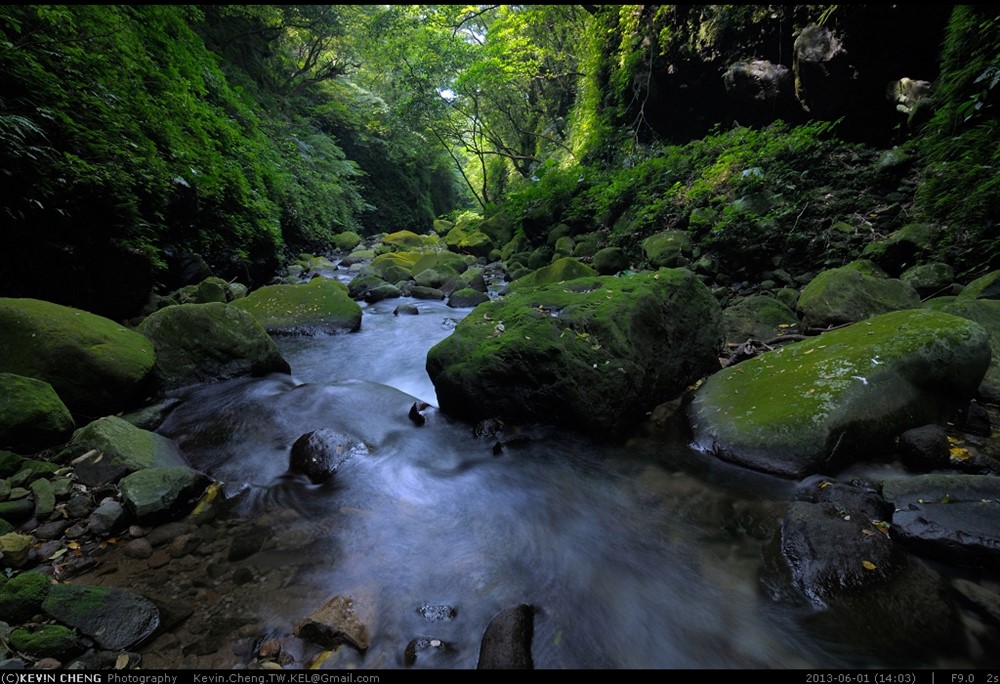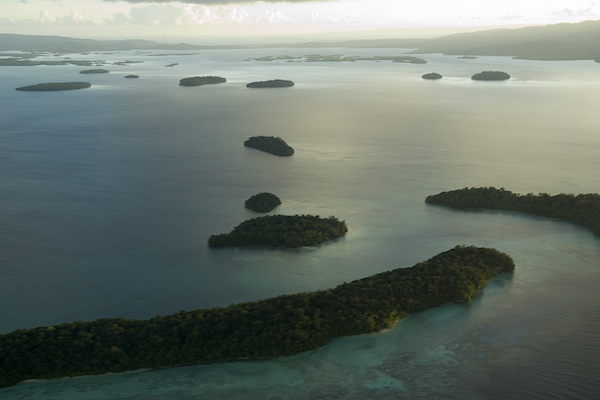Water and Ecosystems
Ecosystems – such as forests, wetlands and grasslands – are a critical part of the global water cycle. All freshwater ultimately depends on the continued healthy functioning of ecosystems, and recognizing the water cycle as a biophysical process is essential to achieving sustainable water management.

The water purification process provided by aquatic and terrestrial ecosystems supplies water suitable for drinking, industry, recreation, and wildlife habitat. Photo Kevin Cheng
Challenges and opportunities
Ecosystems mitigate the effects of floods and drought. ‘Ecosystem services’ can contribute to wastewater treatment as an alternative or supplement to conventional water treatment systems. The water purification process provided by aquatic and terrestrial ecosystems supplies water suitable for drinking, industry, recreation, and wildlife habitat. Also, the resources embedded in wastewater, including valuable water, nutrients and organic carbon, can be used for ecosystem rejuvenation in appropriate circumstances, enhancing ecosystems services with major benefits for economies and societies.A paradigm shift is taking place, with ecosystems being recognized as an integral part of development solutions. This reflects the steps being taken towards better integrated water resources management, and therefore more sustainable development.
Definition of an ecosystem
A dynamic complex of plant, animal and microorganism communities and their nonliving environment interacting as a functional unit. An ecosystem includes all living things (plants, animals and organisms) in a given area, as well as their interactions with each other, and with their non-living environments (weather, earth, sun, soil, climate, atmosphere). Each organism in an ecosystem has a role to play and contributes to maintaining the health and productivity of an ecosystem.
Flying over the lagoon in the Western Province of the Solomon Islands, former Secretary-General Ban Ki-moon was able to observe the effects of deforestation, climate change and natural disasters on the area. UN Photo/Eskinder Debebe
Links
- CBD: Ecosystem approach
- UNECE: Environmental policy: Water and ecosystems
- UN Environment: Ecosystems
- WHO: Water, health and ecosystems
- FAO: Status of the World’s Soil Resources (SWSR)

